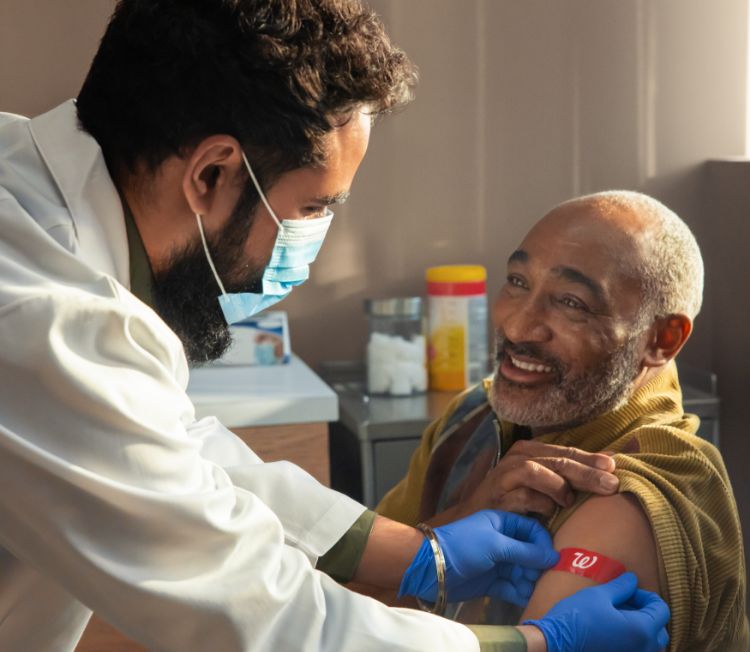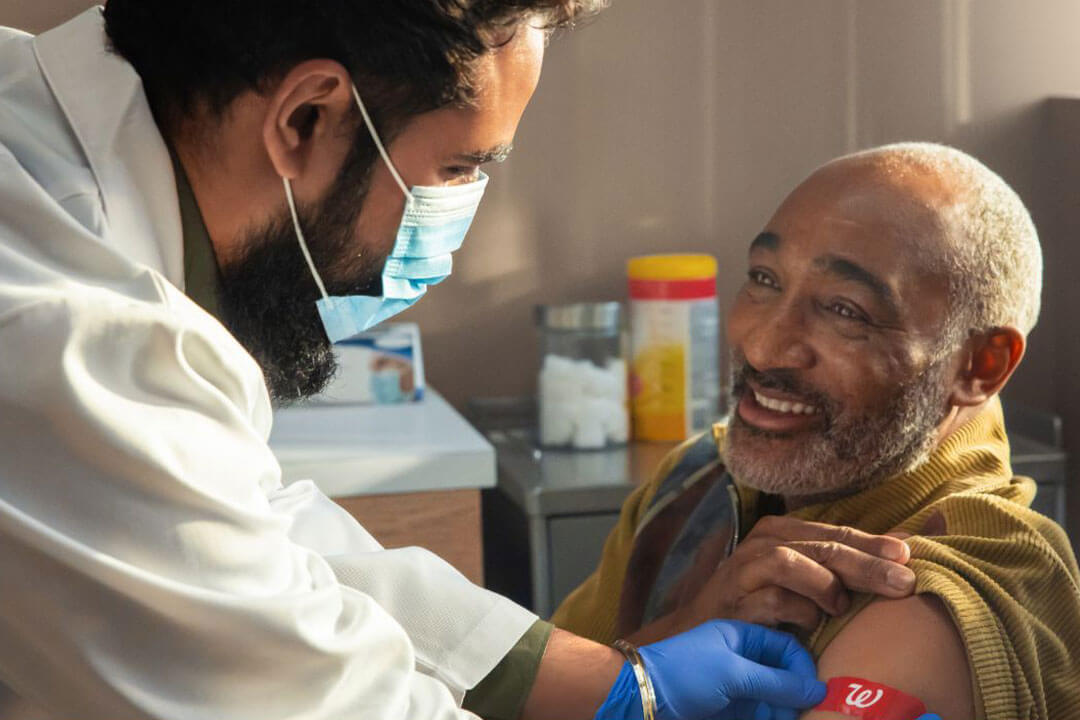- What is the hepatitis B vaccine?
The hepatitis B vaccine is the best way to prevent infection. It is a series of 2, 3 or 4 shots usually given over a 6–12-month period. It is given by an injection into the arm muscle of adolescents and adults and thigh muscle of infants and young children. Estimates of long-term protection for those getting the full vaccination series suggest that protection from hepatitis B could last for up to 20 or 30 years and possibly for life.
To learn more about the hepatitis A vaccine from the CDC, download this PDF or visit the CDC website.
- Who should get the hepatitis B vaccine?
The hepatitis B vaccine is recommended for all infants, all children or adolescents younger than 19 years of age who have not been vaccinated, all adults ages 19 through 59 years, and adults ages 60 years or older with risk factors for hepatitis B infection. Adults who are 60 years or older without known risk factors for hepatitis B may also receive hepatitis B vaccine.
People at an increased risk from hepatitis B include:
- Those whose sex partner is infected with hepatitis B
- Men who have sex with men
- People with more than one sex partner
- Users of injection and non-injection drugs
- People with chronic liver or kidney disease
- Kidney dialysis patients
- People with HIV
- People with jobs that expose them to human blood
- Household contacts of people infected with hepatitis B
- Residents and staff in institutions for the developmentally disabled
- People with hepatitis C infection
- People who travel to countries where hepatitis B is common
Pregnant people who need protection from hepatitis B may be vaccinated but should check with their doctor first
- Who should not get the hepatitis B vaccine?
- Anyone with a life-threatening allergy to yeast, or to any component of the vaccine should not get the hepatitis B vaccine
- Anyone who has had a life-threatening allergic reaction to a previous dose of hepatitis B vaccine should not get another dose
- Anyone with moderate or severe illness should wait until they recover to be vaccinated
- What are the side effects of the hepatitis B combination vaccine?
Mild-to-moderate side effects:
- Soreness, redness or swelling at the injection site
- Headache
- Tiredness
- Fever
Severe side effects, although rare, may include serious allergic reactions. Symptoms include:
- Difficulty breathing
- Wheezing
- Hives
- Pale skin
- Fast heartbeat
- Dizziness
Over-the-counter pain relievers such as acetaminophen or ibuprofen can help ease pain and reduce fever. Contact your doctor or pharmacist if you have any unexpected or worsening reactions after receiving a vaccine.
Schedule Hepatitis B Vaccine | Walgreens

on vaccine or condition
What is hepatitis B?
Acute (short-term) illness, the symptoms of which are flu-like and include loss of appetite, tiredness, joint and muscle pain, diarrhea, vomiting and jaundice. Most adults who get hepatitis B have this acute form of hepatitis B, and then get better.
Chronic (long-term) infection which can be very serious, and often leads to liver damage, liver cancer or death. Babies and young children infected with hepatitis B are more likely to get this chronic form of the disease.
Frequently Asked Questions
If you believe you have a medical emergency, please call 911.
References:
Hepatitis B Questions and Answers for Health Professionals https://www.cdc.gov/hepatitis/hbv/hbvfaq.htm#vaccFAQ Accessed 7/25/22.
Hepatitis B Vaccination https://www.cdc.gov/vaccines/vpd/hepb/index.html#:~:text=The%20hepatitis%20B%20vaccine%20is,factors%20for%20hepatitis%20B%20infection Accessed 7/25/22.
This publication should be used for general educational purposes only and is not intended to be a substitute for professional medical advice. Although it is intended to be accurate, neither Walgreen Co., its subsidiaries or affiliates, nor any other party assumes liability for loss or damage due to reliance on this publication.
